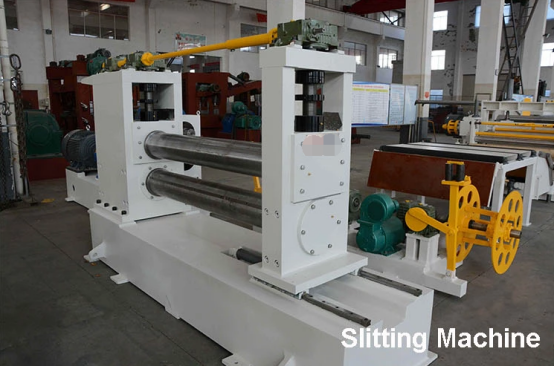
The Versatility of 1-3mm Cable Tray Roll Forming Machines
In recent years, the demand for efficient and reliable infrastructure solutions has grown exponentially, particularly in the electrical and construction industries. A crucial component of such infrastructure is the cable tray, which provides support for electrical wiring and cables in industrial, commercial, and residential settings. To meet the increasing demand for cable trays, manufacturers are turning to advanced production technologies, including 1-3mm cable tray roll forming machines. This article explores the functionality, benefits, and applications of these machines in modern manufacturing.
What is a Cable Tray Roll Forming Machine?
A cable tray roll forming machine is a type of equipment designed to create cable trays from metal sheets through a process known as roll forming. In this process, a continuous strip of metal is fed through a series of rollers that progressively shape it into the desired profile. The 1-3mm specification refers to the thickness of the metal sheets that can be processed by these machines, typically ranging between 1 and 3 millimeters. This thickness is ideal for producing durable and robust cable trays that can withstand both structural stress and environmental factors.
Key Features of 1-3mm Cable Tray Roll Forming Machines
1. Precision Engineering These machines are designed to provide precise dimensional output, ensuring each cable tray meets industry standards. The precision is critical as every millimeter counts in terms of installation and functionality.
2. Speed and Efficiency One of the most significant advantages of roll forming technology is its ability to produce a large volume of cable trays in a relatively short period. This leads to increased production efficiency, enhancing overall manufacturing output.
3. Versatility The adaptability of these machines allows manufacturers to create various cable tray designs and sizes, catering to different client needs and industry requirements. From lightweight trays for residential use to heavy-duty trays for industrial applications, roll forming machines excel in their versatility.

5. Cost-Effectiveness While the initial investment in a roll forming machine may be considerable, the long-term savings generated through reduced labor costs, minimal waste, and high production outputs help justify the expenditure. Furthermore, the reduced need for secondary operations (like cutting and welding) minimizes overall production time and costs.
Applications of Cable Trays
The cable trays produced by 1-3mm roll forming machines are vital in multiple sectors
- Industrial Facilities In factories and plants, cable trays provide a systematic way to route electrical cables and communication lines, minimizing hazards and ensuring easy access for maintenance.
- Commercial Buildings In commercial spaces, cable trays help manage the extensive wiring required for lighting, data, and HVAC systems, allowing for a clean and organized infrastructure.
- Data Centers The rapid expansion of data centers necessitates effective cable management systems to handle the vast amounts of networking and power cables. Cable trays play a crucial role in maintaining order and efficiency.
- Residential Construction Even in home building, cable trays can facilitate the management of household wiring, enhancing safety and accessibility for repairs and modifications.
Conclusion
The 1-3mm cable tray roll forming machine represents a significant advancement in manufacturing technology, enabling the production of high-quality cable trays that meet the modern demands of various industries. With their precision, efficiency, durability, and versatility, these machines not only streamline the production process but also contribute to safer and more organized electrical installations. As infrastructure needs continue to evolve, the adoption of such innovative machinery will undoubtedly play a vital role in shaping the future of construction and electrical management. Investing in a 1-3mm cable tray roll forming machine is, therefore, a strategic move for manufacturers looking to stay competitive in a rapidly changing market.